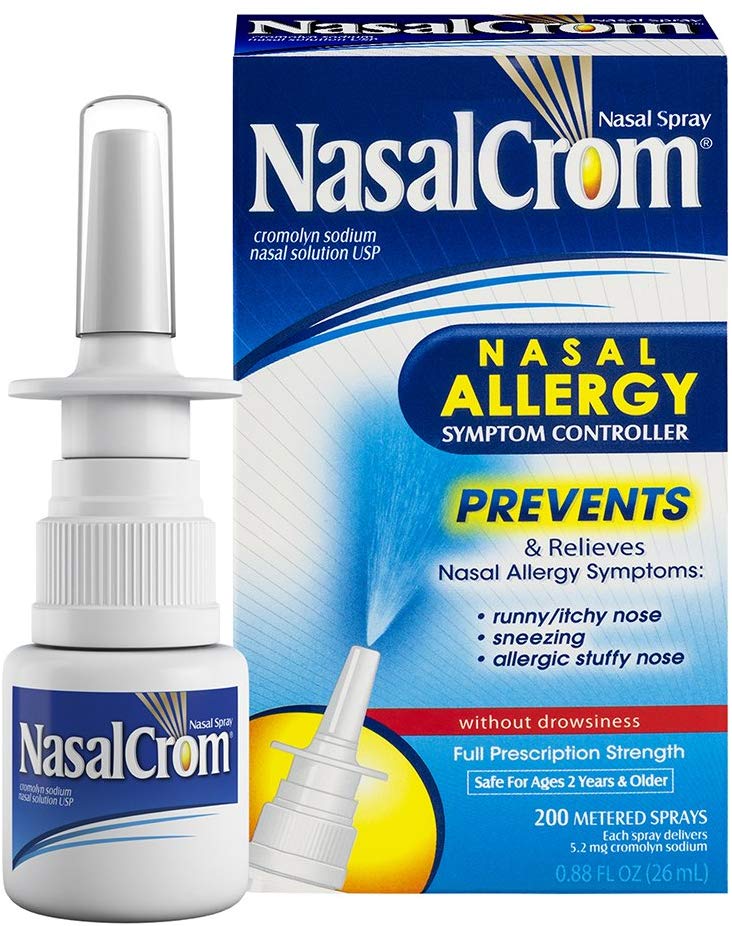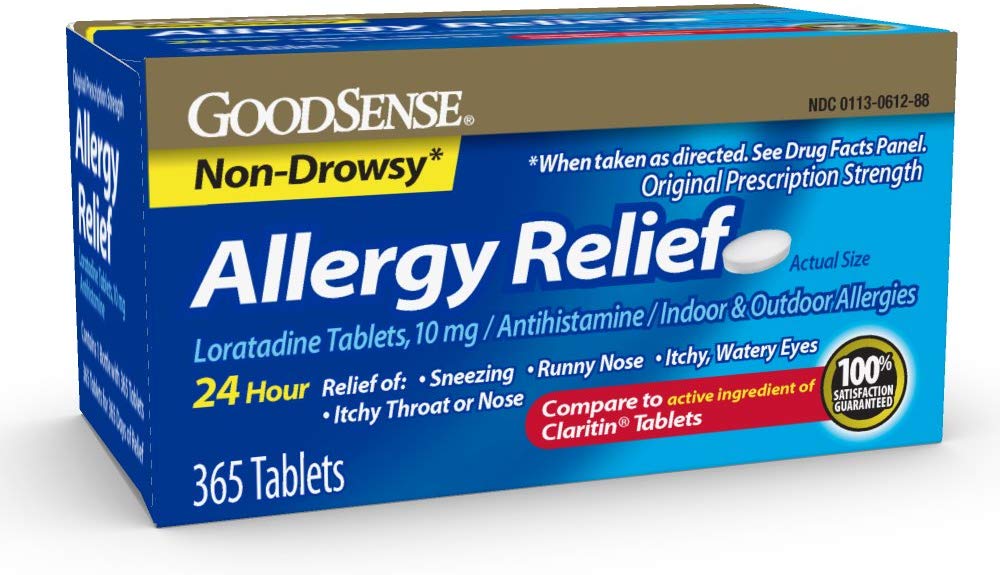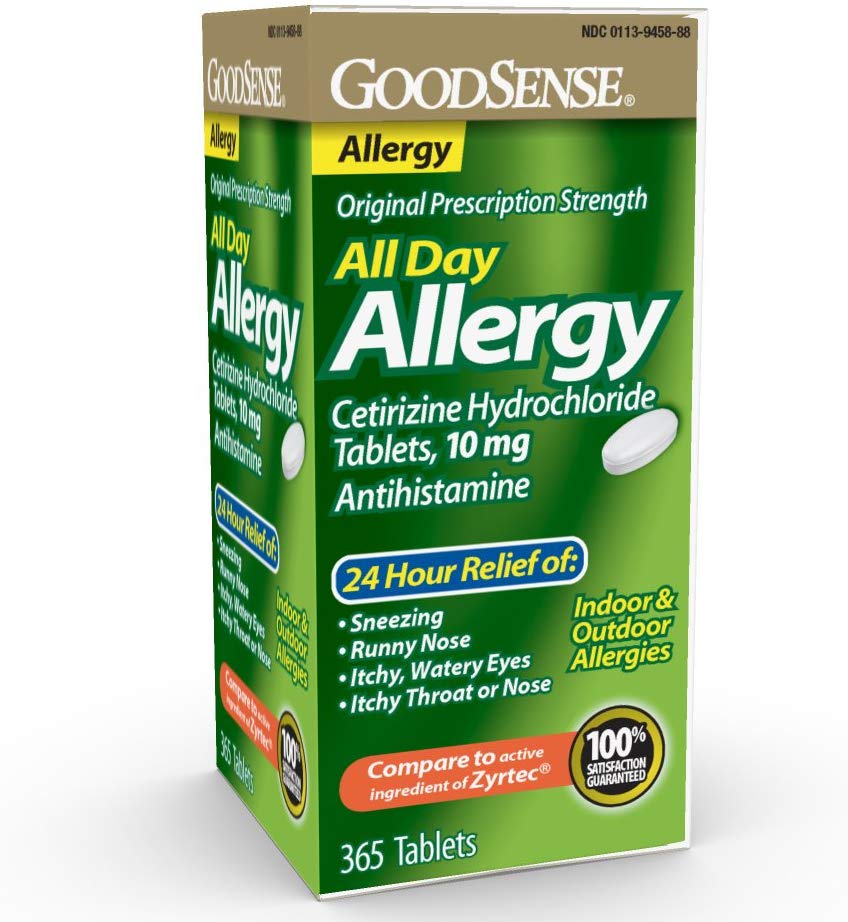Allergic Rhinitis
Overview
What are seasonal allergies? — Seasonal allergies are a group of conditions that can cause sneezing, a stuffy or runny nose, and itchy eyes. Seasonal allergies are sometimes called “hay fever.”
Symptoms occur only at certain times of the year. Most seasonal allergies are caused by:
●Pollens from trees, grasses, or weeds (figure 1)
●Mold spores, which grow when the weather is humid, wet, or damp
Normally, people breathe in these substances without a problem. When a person has a seasonal allergy, his or her immune system acts as if the substance is harmful to the body. This causes symptoms.
Many people first get seasonal allergies when they are children or young adults. Seasonal allergies are lifelong, but symptoms can get better or worse over time. Seasonal allergies sometimes run in families.
Some people have symptoms like those of seasonal allergies, but their symptoms last all year. Year-round symptoms are usually caused by:
●Insects, such as dust mites and cockroaches
●Animals, such as cats and dogs
●Mold spores
What are the symptoms of seasonal allergies? — Symptoms of seasonal allergies can include:
●Stuffy nose, runny nose, or sneezing a lot
●Itchy or red eyes
●Sore throat, or itching of the throat or ears
●Waking up at night or trouble sleeping, which can lead to feeling tired during the day
Is there a test for seasonal allergies? — Yes. Your doctor will ask about your symptoms and do an exam. He or she might order other tests, such as allergy skin testing, which can help the doctor figure out what you are allergic to. During a skin test, a doctor will put a drop of the substance you might be allergic to on your skin, and make a tiny prick in the skin. Then, he or she will watch your skin to see if it turns red and bumpy.
How are seasonal allergies treated? — People with seasonal allergies might use one or more of the following treatments to help reduce their symptoms:
●Nose rinses – Rinsing out the nose with salt water cleans the inside of the nose and gets rid of pollen in the nose. Different devices can be used to rinse the nose.
●Steroid nose sprays – Doctors often recommend these sprays first, because they are the best treatment for stuffy nose. Many of these sprays are available without a prescription. (Steroid nose sprays do not contain the same steroids that some athletes take illegally). Steroid nose sprays work best if you use them every day, and it can take a few days for them to work fully. Steroid nose sprays are more effective than other allergy medicines for stuffy nose and post-nasal drip (which is when mucus runs down the back of your throat).
●Antihistamines – These medicines help stop itching, sneezing, and runny nose symptoms. They don’t treat stuffy nose as well as steroid nose sprays. Some antihistamines can make people feel tired.
●Antihistamine eye drops – These medicines are available without a prescription. They can help with eyes that feel itchy or gritty.
●Decongestants – These medicines can reduce stuffy nose symptoms. People with certain health problems, such as high blood pressure, should not take decongestants. Also, people should not use decongestant nose sprays for more than 3 days in a row. Using these nose sprays for more than 3 days in a row can make symptoms worse.
●Allergy shots – Some people with seasonal allergies choose to get allergy shots. Usually, allergy shots are given every week or month by an allergy doctor. They contain tiny amounts of allergens, such as pollen. Many people find that this treatment reduces their symptoms, but it can take months to work.
●Allergy pills (under the tongue) – For some types of pollen allergies, there are pills that work much like allergy shots. These pills need to be prescribed by a doctor. They are made to dissolve under the tongue. They are taken every day for several months of the year.
Talk with your doctor or nurse about the benefits and downsides of the different treatments. The right treatment for you will depend a lot on your symptoms and other health problems. It is also important to talk with your doctor or nurse about when and how to use your medicines.
Can seasonal allergy symptoms be prevented? — Yes. If you get symptoms at the same time every year, talk with your doctor or nurse. Some people can prevent symptoms by starting their medicine a week or 2 before that time of the year.
You can also help prevent symptoms by avoiding the things you are allergic to. For example, people who are allergic to pollen can:
●Stay inside during the times of the year when they have symptoms
●Keep car and house windows closed, and use air conditioning instead
●Take a shower before bed to rinse pollen off their hair and skin
●Wear a dust mask if they need to be outside
What if I want to get pregnant? — If you want to get pregnant, talk with your doctor about which medicines are safe for pregnant women to take. Seasonal allergy symptoms can get worse, get better, or stay the same in pregnant women.
NasalCrom Nasal Spray
Usual Adult Dose for Allergic Rhinitis
1 spray into each nostril every 4 to 6 hours
Maximum dose: 1 spray in each nostril 6 times a day
Comments:
-It may take several days to notice an effect; optimal effect may not be seen for 1 to 2 weeks.
-To prevent nasal allergies, it is best to start using this drug up to 1 week before anticipated exposure to allergens.
Use: To prevent and relieve nasal symptoms of hay fever and other nasal allergies including runny/itchy nose, sneezing, and allergic stuffy nose.
Cetirizine
Usual Adult Dose for Allergic Rhinitis
5 to 10 mg orally once a day
-Maximum dose: 10 mg/day
-Some experts recommend: Patients over 65 years of age should start with 5 mg orally once a day.
Uses:
-Relief of symptoms associated with perennial allergic rhinitis due to allergens (e.g., sneezing, rhinorrhea, postnasal discharge, nasal pruritus, ocular pruritus, tearing)
-Treatment of uncomplicated skin manifestations of chronic idiopathic urticaria




